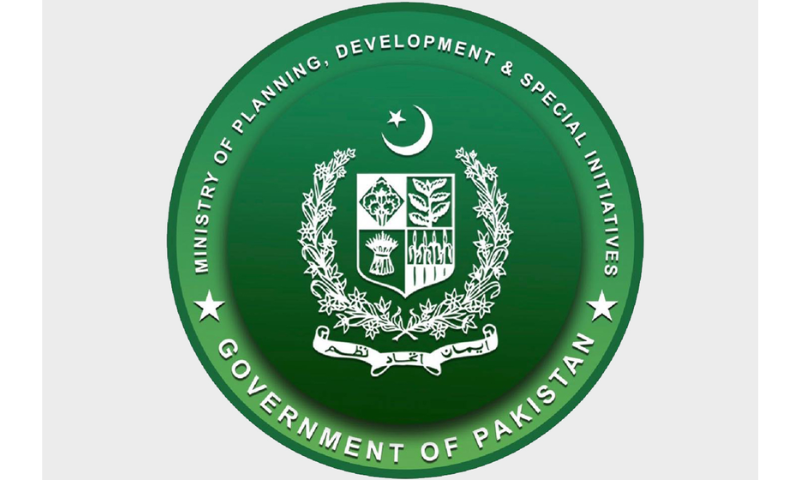ISLAMABAD: Keeping in view the challenges of climate change, the Ministry of Planning, Development, and Special Initiatives has unveiled a comprehensive strategy for tackling climate change while enhancing sustainable development under the National Climate Change Policy (NCCP).
In 2021, the government approved the NCCP to pursue sustained economic growth by addressing the climate change challenges, to integrate climate change policy with other inter-related policies, focusing on pro-poor gender-sensitive adaptation while promoting mitigation in a cost-effective manner, and building climate-resilient infrastructure.
Under the policy, the Planning Ministry prepared a National Climate Finance Strategy (NCFS) aimed at identifying sectoral priorities and scaling climate finance. The NCFS is a cornerstone in Pakistan’s commitment to the Paris Agreement, focusing on leveraging private sector engagement, international climate finance, and carbon markets.
Pakistan Most Affected by Climate Change
Pakistan is among the nations in the world that are most affected by weather and climate-related hazards such as floods, droughts, heat waves, landslides, extreme cold, and cyclones etc.
The Sustainable Finance Bureau has been established to revolutionize climate finance. It will reorient the Public Sector Development Program (PSDP) towards sustainable finance, with 20 percent (Rs925 billion) of new PSDP schemes in FY2023-24 being green. This initiative is likely to qualify for concessional climate funds, enhancing the country’s capacity to meet its climate targets.
Pakistan requires 348 billion dollars to achieve systemic resilience between 2023 and 2030, as per the World Bank’s 2023 report. This investment is vital for climate-proofing Pakistan’s development trajectory and ensuring the well-being of its people.
The initiative also highlighted the significance of a Climate Responsive Public Investment Framework (CRPIF), integrating climate considerations into the planning and execution of all development projects.
This approach aligns with the National Adaptation Plan and Nationally Determined Contributions, signifying Pakistan’s dedication to climate-smart policies and practices.
Read Also: Study Links Drought in Syria, Iraq, and Iran to Human-Caused Climate Change
Moreover, the Planning Ministry’s Green Growth Framework aims to foster emerging green value chains and support economic activities that are both financially viable and environmentally sustainable. This framework is aligned with the latest global trends and best practices in green finance and technology. Pakistan has been witnessing challenging impacts of climate change, ranging from heat waves to melting glaciers and devastating floods to prolonged droughts. These changes pose immense threats to the country’s economy, environment, and the well-being of the people.
In 2022, Pakistan faced unprecedented devastation due to torrential rains and flooding in most parts of the country, especially in Balochistan and Sindh, affecting 33 million people, resulting in economic losses worth 30 billion dollars. In response, the government had devised a comprehensive 4RF framework, which proposed effective coordination and participation arrangements among federal and provincial governments, donors, international and national NGOs and development partners, and academic and private sectors.
Pakistan’s carbon emission is less than 1%; however, it is among the nations that are most vulnerable to climatic disasters. Islamabad pleaded his case before the COP27 summit held in Egypt last year, and it will continue to plead in an upcoming COP28 to be held in Dubai.

























